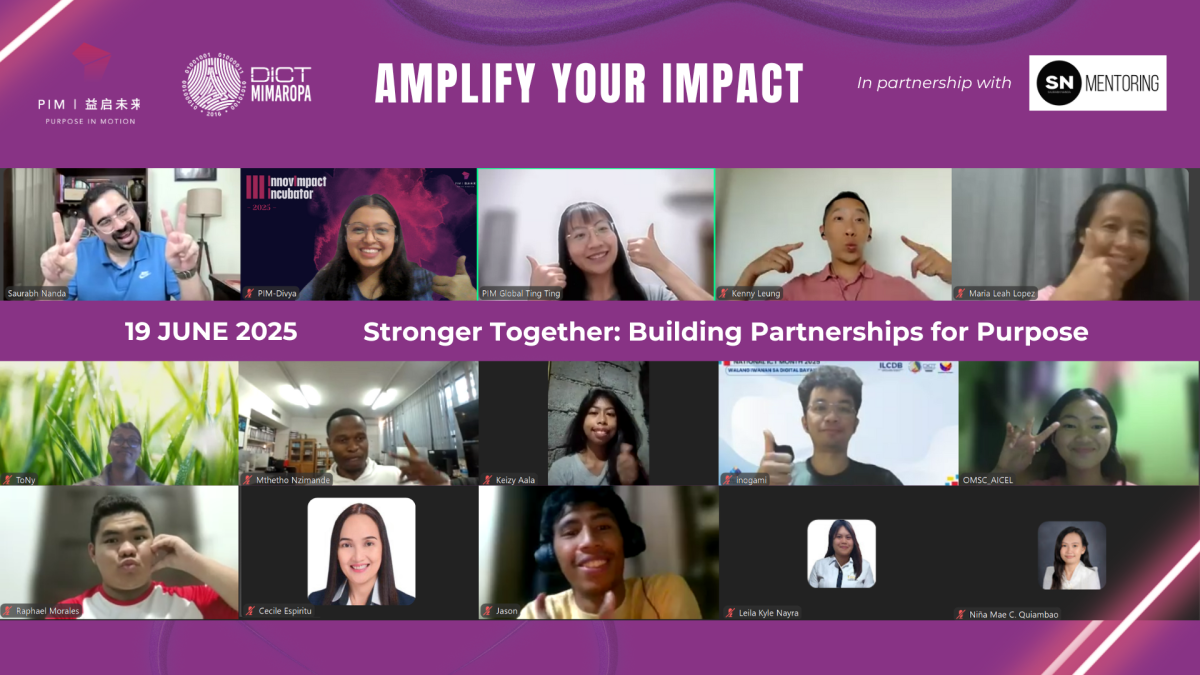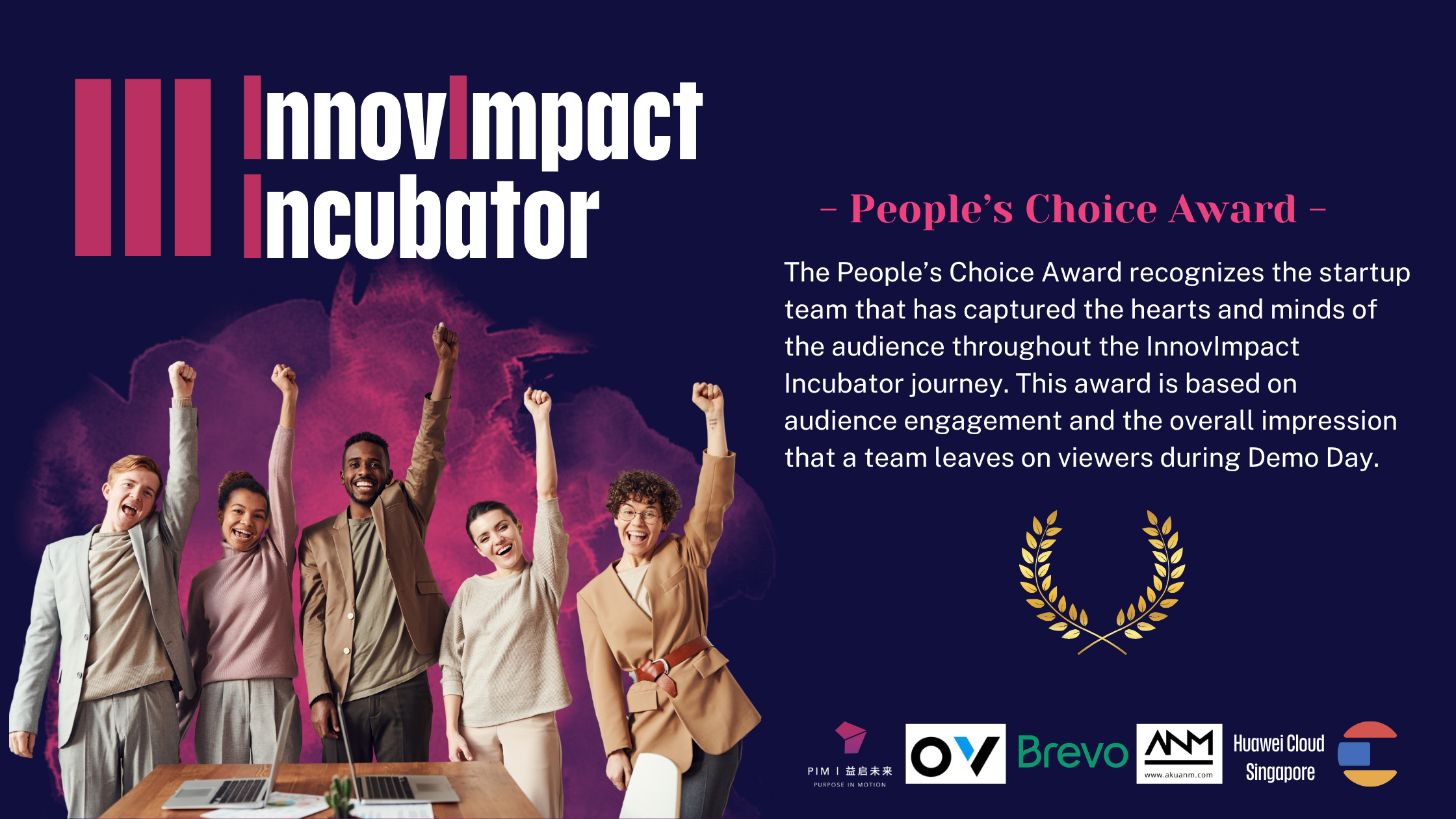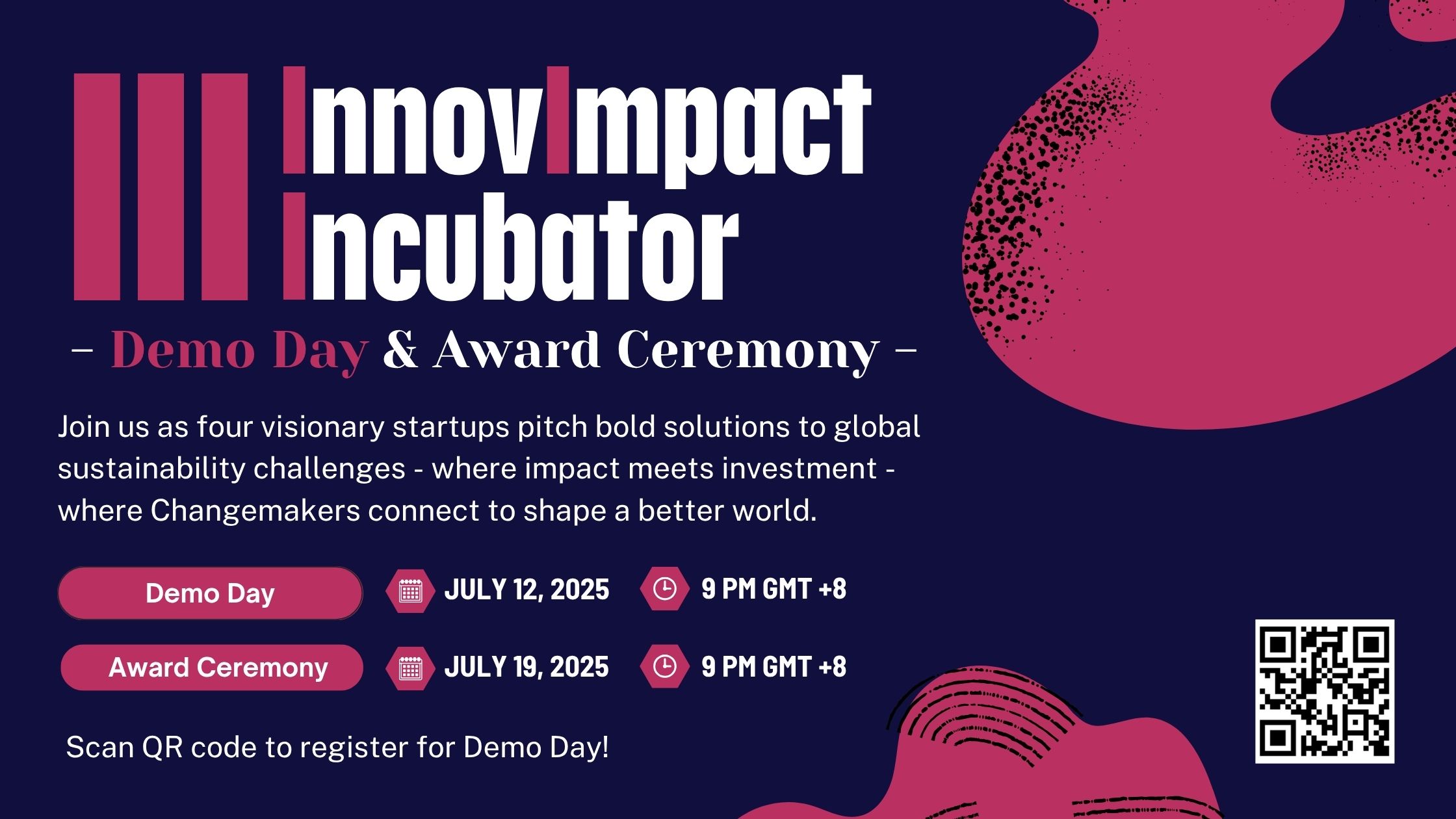In a world where making a difference often seems reserved for a select few, PIM is breaking the mold with our ‘learning by giving’ approach. This innovative method transforms the concept of philanthropy from a distant ideal of the wealthy into a tangible, achievable practice for everyone. Picture a classroom where students aren’t just learning about social issues and charitable giving, but actively participating in it, armed with a real budget of $20,000 USD to support local nonprofits and social enterprises.
Our mission at PIM is to demonstrate that philanthropy transcends wealth—it’s about compassion and purpose. Students from various disciplines unite in our program, experiencing firsthand the power of giving and its impact on communities. The results are heartening: a surge in passion for community involvement and a profound understanding of how contributions, big or small, can ignite significant changes.
The Rise of Experiential Philanthropy
The Learning by Giving approach, also known as experiential philanthropy, first emerged in the United States in the late 1990s. This innovative educational method experienced significant growth in the 2010s, thanks to the support of influential funders like Doris Buffett’s Learning by Giving Foundation and the Texas-based Once Upon a Time Foundation. At Yale University, alma mater of PIM’s founders, this method was integrated into the curriculum, offering students a practical experience in philanthropy. Today, this approach has been embraced by nearly 100 universities across the United States, each adding their unique spin to this groundbreaking model.
Expanding its global footprint, PIM introduced experiential philanthropy to Greater China in 2014, launching the pioneering “Model Foundation” program in collaboration with the University of Hong Kong. This marked a significant milestone, as it was the first program of its kind in the region. Building on this success, PIM has since developed similar programs in Asia with esteemed institutions including Yale Center Beijing, Peking University Yenching Academy, the Hong Kong University of Science and Technology, SEO-China, and more. These partnerships reflect PIM’s dedication to fostering a global culture of philanthropy and its commitment to shaping a new generation of philanthropic leaders.
The Challenge: Do Good Effectively
Each of PIM’s Learning by Giving programs is tailored to specific issues, such as early childhood education or social entrepreneurship, fostering a deep understanding and effective response to these challenges.
Our programs engage 20-30 diverse students in a unique learning experience. They work in teams, conducting thorough research on the broader theme as well as deep diving into certain organizations that are working in the space. This comprehensive process culminates in the collective decision to allocate $20,000 to the most deserving organizations.
Key Skills and Frameworks
Our ‘Learning by Giving’ program is anchored in three fundamental skills: Systems Thinking, Due Diligence, and Collective Decision-Making. These skills are not just theoretical concepts; they are the vital tools our students use to navigate and impact the world of philanthropy.
I. Systems Thinking: Understanding the Big Picture
Systems thinking is one of the core bedrocks of our program. We employ the Impact Gap Canvas, an innovative framework developed by Daniela Papi Thornton at the Oxford Skoll Centre for Social Entrepreneurship. This tool guides students to dissect complex social issues thoroughly. It involves mapping out the problem by identifying the affected parties, understanding the factors maintaining the status quo, and recognizing the potential negative impacts of solving the issue. Similarly, students explore the ‘solutions landscape’ – evaluating existing efforts, their effectiveness, and how future plans can build on these. At the heart of this analysis is the ‘Impact Gap’, a critical exploration of what’s missing in the broader ecosystem of solutions and how to bridge these gaps for more impactful results.
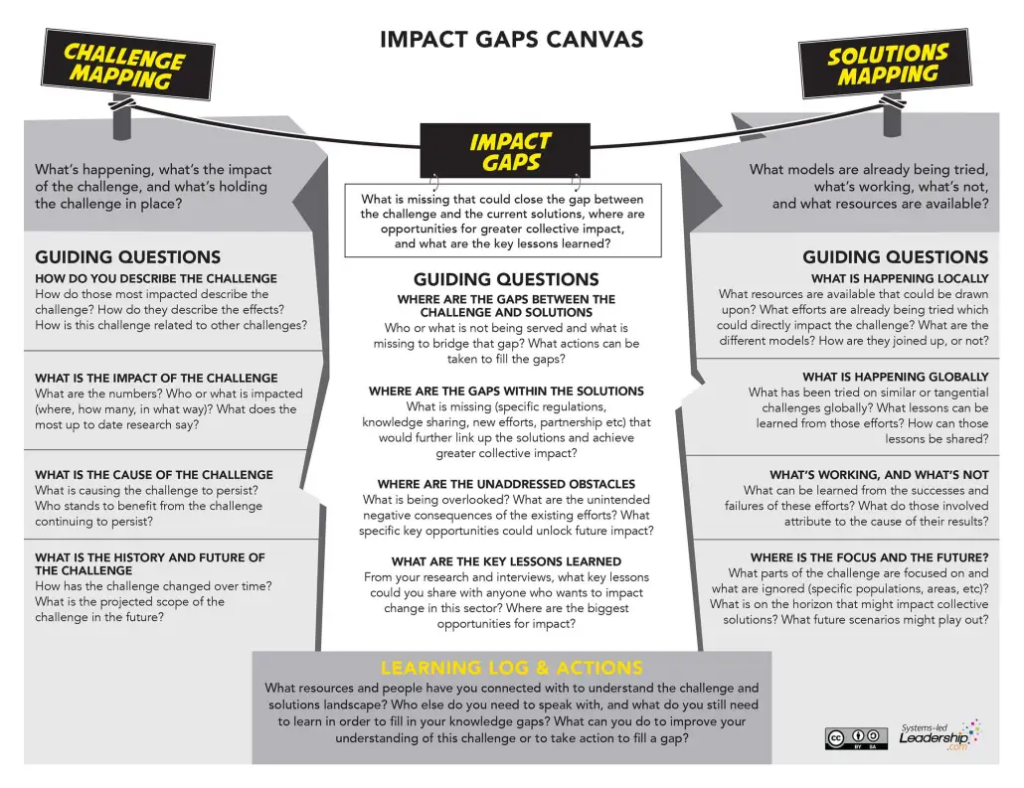
II. Due Diligence with the RAISE Framework
Due diligence of organizations is another fundamental skill that our programs teach. Developed from our experience in China, our unique RAISE framework allows students to conduct a comprehensive evaluation of organizations, similar to how investors conduct investment due diligence of companies. RAISE stands for Relevance, Accountability/Governance, Impact, Sustainability, Execution. This framework is adaptable to various issues an organization might address. Students, working in teams, apply RAISE to assess the work of organizations by interviewing staff and beneficiaries, tracking down evidence of the organization’s impact to substantiate their theory of change. This deep dive into an organization’s operations culminates in a detailed report, giving students a real-world insight into the social sector’s functioning.
III. Collective Decision-Making: Beyond Individual Perspectives
Finally, collective decision-making is a key design of the program. In this phase, students engage in a deliberative process that blends evidence-based evaluations with democratic discussions. They advocate for their chosen organizations, yet must also adopt the role of impartial board members, weighing diverse factors. This process is particularly novel for many students in the Greater China region, introducing them to negotiation tactics and enhancing their listening and analytical skills. The experience is often likened to participating in Model United Nations but with the added gravity of distributing actual funds. This phase is not just educational; it’s an emotional and transformative journey where students form lasting bonds through shared experiences and decision-making.
Join us in shaping tomorrow’s changemakers
PIM’s ‘Learning by Giving’ initiative isn’t just an education program—it’s a visionary journey. We’re not just teaching philanthropy; we’re inspiring a new generation of leaders equipped with the heart, knowledge, and skills to enact real change.
Students joining the program have remarked that it is a very inspiring approach. PIM has deepened my understanding of philanthropy to be more creative, diverse, effective, and connected to the general public. I learned that you don’t need to be a billionaire to be a philanthropist.” said Zhang Weike, a student at Tsinghua University. “I think it’s an amazing opportunity to have this amount of money to donate. I am a lot more confident about pursuing a social mission driven career straight out of college. I want to try my very best to pursue a riskier and less traveled path for the valuable learning opportunities.” said Vera Lummis from Princeton University, who in turned started the China Social Impact Project, and later on went on to lead Digital Innovation at Give Directly after she graduate.
Join PIM in redefining philanthropy education. Contact us to learn more about our innovative programs to cultivate the philanthropists of tomorrow but also creating a more compassionate, understanding, and proactive world today.
